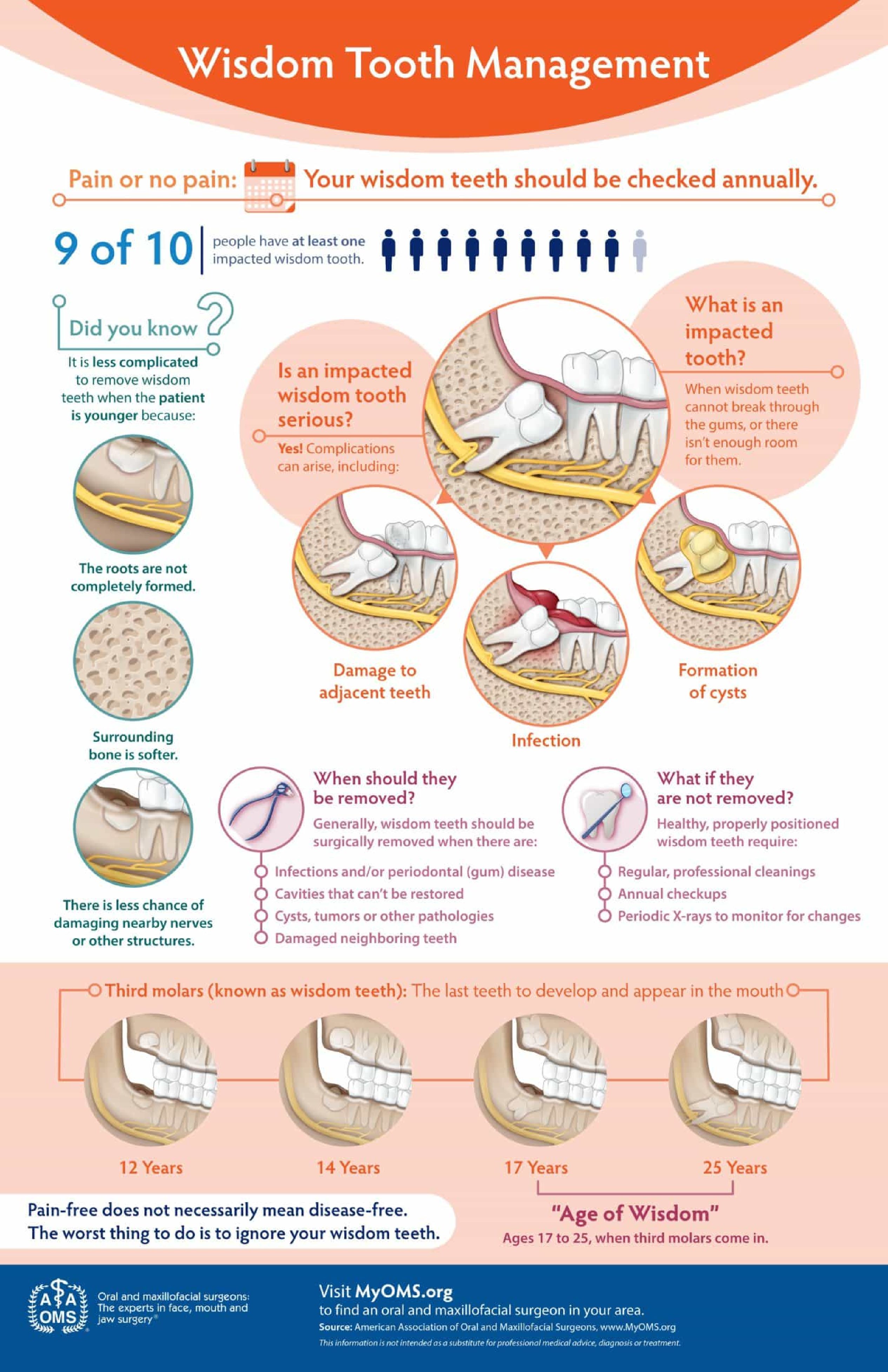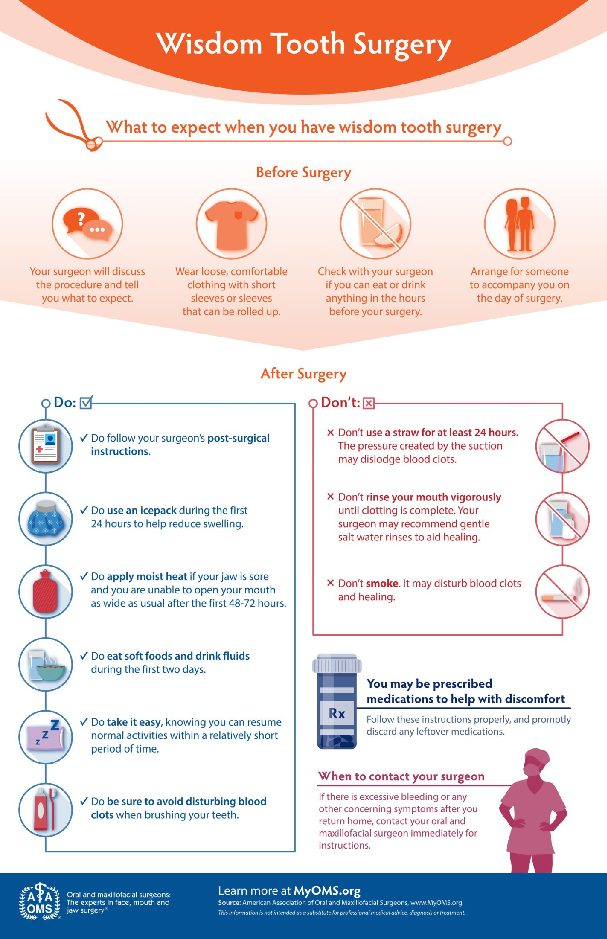Facial and oral surgery is more common than you might guess. Dentists perform one type of dental surgery, wisdom tooth removal, millions of times a year in the United States. Dentists and surgeons perform oral surgery to restore oral health following an accident or dental implant failure or to restore bone structure, among other reasons.
Are you planning to undergo dental implant removal or a form of facial surgery? This article will highlight important aspects of your surgery and recovery so you know what to expect.
Facial and Oral Surgery: What You Need to Know
No two facial or oral surgery procedures are exactly the same. But all forms of surgery that deal with the teeth (oral) or the face and jaws (maxillofacial) share several components in common.
Your Doctor Will Perform Your Surgery in a Medical Center
Dr. Grant Hogan will perform your procedure in a relaxing surgical center. This is whether you are having dental implants placed or undergoing implant removal. We have equipped our center with the latest medical equipment.
Dr. Grant Hogan stays abreast of the latest medical techniques. Georgia Facial & Oral Surgery has more than 15 years of experience specializing in maxillofacial and oral surgery.
We work with other physicians and specialists to ensure that all of our patients have access to comprehensive care.
Detailed Instructions to Follow Before and After Surgery
Your doctor will give you detailed instructions to follow before and after your oral surgery or facial surgery. If your child is undergoing a frenectomy, your doctor will give you, the parent, instructions to follow.
Your wisdom teeth consultation may include tips on how to avoid aggravating the surgical site while it heals, for example. Oral sedation may require that you avoid eating for a period of time before arriving at our office.
You may have found our office by Googling “dental implants Suwanee GA” or “oral surgeon Suwanee GA.” You can trust that Dr. Hogan will provide you with detailed instructions so there is no guesswork as you recover.
Sedation to Ensure Your Comfort
Dental IV sedation and other forms of sedation safely place you in a relaxed state during your oral or maxillofacial surgery. Sedation dentistry Suwanee GA has three options.
Nitrous oxide is an odorless gas that enters the lungs and acts on the central nervous system. The safe gas places patients in a euphoric state that is dream-like. Most people remember little if anything of your dental procedure while under the effects of nitrous oxide (also known as laughing gas).
Oral sedation offers a wide range of sedative effects. To take the sedatives, patients swallow one or more pills. Oral sedation can allow for mild, medium, and heavy sedation.
IV sedation offers the highest levels of sedation. The sedatives are administered intravenously. The effects of IV sedation are felt quickly, and patients often feel groggy for several hours following their procedure.
Local Anesthesia Will Be Used To Prevent Discomfort
It is easy to confuse anesthesia with sedation. Nitrous oxide, oral sedation, and IV sedation are great options for addressing anxiety during your surgery. Sedation even makes time seem to fly by — a real benefit for procedures that take an hour or more to complete.
Local anesthesia is a numbing agent (often Novocain) that is administered directly to the nerves that serve the surgical site. If you are having a dental implant placed, then your doctor will numb the soft tissue and jaw bone that will be treated.
For most oral and maxillofacial surgeries, you will have to undergo sedation and the use of local anesthesia so that you are relaxed and comfortable throughout your procedure. As the numbing effects of local anesthesia wear off, you may need to take over-the-counter or prescription pain meds.
The Surgical Procedure
The exact duration of your procedure will vary depending on the type of surgery being performed and other factors. Oral surgery is very different than routine dental procedures that take 10 or 30 minutes.
During your procedure, your dentist will have you sedated. Dr. Hogan will make an incision in your soft tissue so he can access your jawbone. Surgical procedures can last anywhere from one to a few hours to complete.
Dr. Hogan and his staff will work efficiently. When your surgical procedure is complete, stitches will be used to close the surgical site and gauze or bandages will be placed to control bleeding.
Recovery After Your Surgery
Any surgical procedure requires recovery. You can expect to feel a little drowsy following your procedure.
Nitrous oxide tends to wear off quickly. Either way, you’ll want to arrange for someone to drive you home.
Plan to take the first couple of days easy. Follow your doctor’s recovery guidelines closely to avoid any risk of complications. Depending on the type of procedure you had, you may require follow-up surgeries.
Dr. Hogan will take extra precautions to ensure that your surgical procedure is as comfortable as possible. Patients should still expect some level of discomfort during the early stage of recovery.
Schedule Your Dental Surgery Today
For more than 15 years, patients and parents have trusted the team at Georgia Oral & Facial surgery to perform high-quality facial and oral surgery procedures.
Undergoing oral surgery can leave patients feeling anxious. We strive to provide patients with compassionate care, whether our patients are children, adults, or grandparents. To schedule your one-on-one consultation, fill out our online appointment page, and a friendly member of our team will respond promptly.



